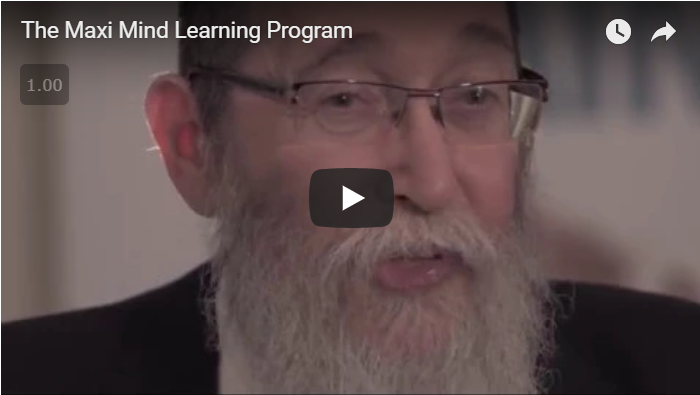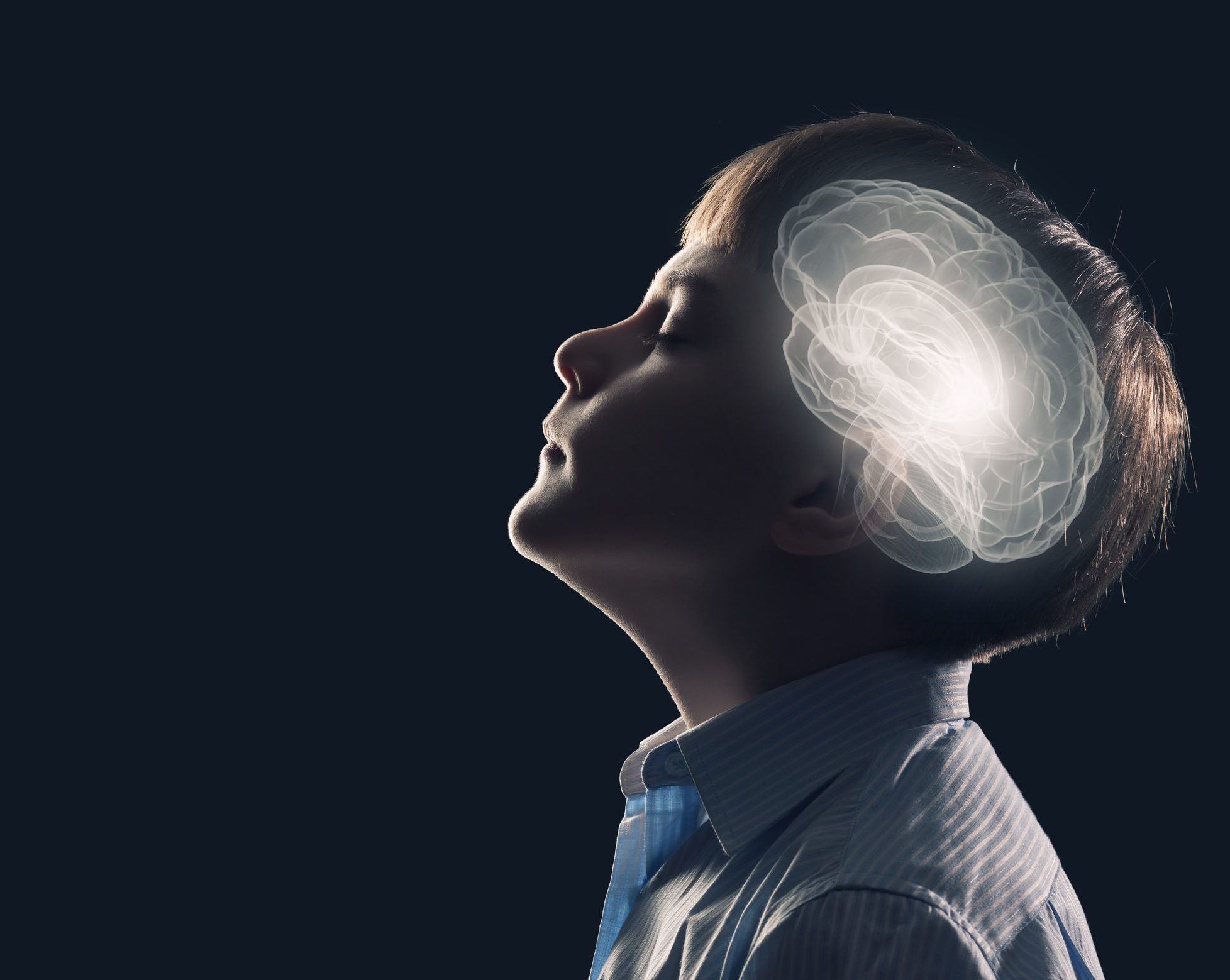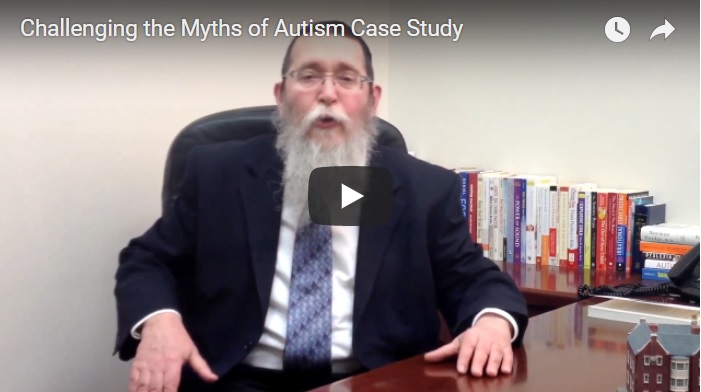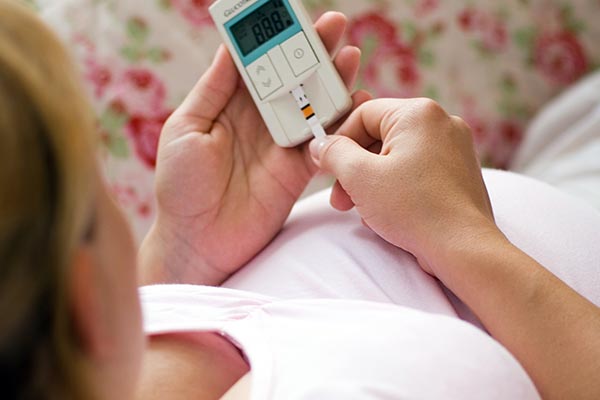Research is starting to show that there is a link.
It has been discovered that autistic children typically have fewer strains of good bacteria within their intestines compared to children without autism. Without enough good bacteria, various problems can occur within the GI tract.
These findings are not surprising given that children with autism tend to have a variety of GI issues (1). The problem is that autistic children prefer very simple foods so they often don’t consume enough good bacteria in their diet, which in turn leads to poor bacterial diversity within the intestine.
We consume probiotics, yogurt and a host of other foods rich in good bacteria to help promote regularity and keep our intestines healthy. If such an effort can make a positive difference for the average person, imagine what it can do for autistic children.
The gut flora connection
We are starting to learn that certain strains of bacteria are problematic compared to others. Most gut bacteria are beneficial as they aid in food digestion, contribute to essential vitamin production and protect against the overgrowth of harmful bacteria. Problematic bacteria, on the other hand, create all sorts of issues. “If left unchecked, they can excrete dangerous chemicals which can affect the gut and the brain,” says Dae-Wook Kang of the Biodesign Institute of Arizona State University (2).
Biodiversity within the intestine is crucial. When it is absent, bad bacteria begin to flourish and cause GI issues, mood disorders and malnutrition. We are now also learning that the substances they produce can also trigger inflammation within the brain, a key trigger for symptoms of ASD to occur (1).
“This is such an important topic that the NIH is supporting a human microbiome mapping project similar to the human genome project.”
— Alycia Halladay, PhD, Autism Speaks senior director of environmental and clinical sciences.
One type of bacteria that autistic children significantly lack is Prevotella (1). In recent studies, levels of Prevotella were within healthy range for normal children compared to autistic children.
In another study, Kang et al. looked at the stools of both autistic and normal children in order to isolate metabolic waste products produced by intestinal bacteria. They discovered fifty different substances, seven of which were exclusive to autistic children. What’s more, of these seven substances, two were linked with glutamate and glutamine deficiencies. Glutamate and glutamine are two essential ingredients that are needed to form the neurotransmitter GABA. Imbalances in glutamate and GABA levels have been commonly found within autistic children (3).
What parents can do
This area of research is starting to grow at a rapid pace as scientists uncover increasing amounts of evidence pointing to the fact that intestinal bacteria may indeed be a factor in the symptoms observed with ASD.
While science may be in discovery mode, parents are free to make simple alterations to their children’s diets and observe for changes in symptoms. It can do no harm to encourage food choices that naturally contain probiotics, such as yogurt.
Probiotic supplements are another story and parents should be cautious. If you are curious to try probiotics, read Dr. Fasano’s blog post below and how to incorporate probiotics and when to stop using them.
References
1. AutismSpeaks.org (July 3, 2013): Study – Kids with Autism have fewer kinds of Gut Bacteria.
2. AutismSpeaks.org (March 11, 2014): Autism Speaks Announces Unprecedented Investment in Gut-Brain Research.
3. AutismSpeaks.org (May 20, 2014): Autism Study: More Evidence Linking Altered Gut Bacteria to ASD.
Further Reading
Autism Speaks Announces Unprecedented Investment in Gut-Brain Research
Autism Study: More Evidence Linking Altered Gut Bacteria to ASD
Guidance on Probiotics (Dr. Alessio Fasano, MD)
New Insight into Autism and Intestinal Problems
Gut Bacteria May Play a Role in Autism
Boy with Autism Improves on Antibiotics, Connecting Gut Bacteria to ASD
About Maxi Mind Learning
Maxi Mind Learning provides activity-based Brain Training Courses which have transformed the lives of hundreds of Toronto-area children by teaching them to effectively self-manage their focus, learning, mood and behaviour. To setup a free consultation please call (416) 858-9868 or visit our free consultation page.







